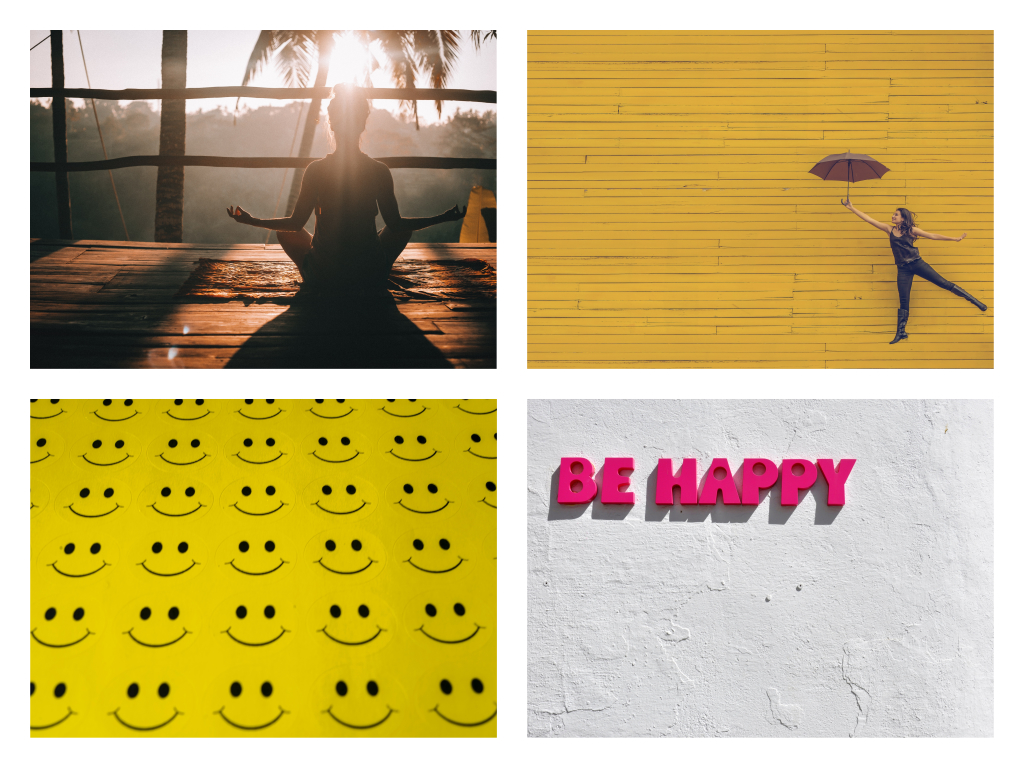Many times, we find ourselves saying yes when we wish we could say no … to a request for help from a family member, friend, or colleague. No matter how big the imposition or request — or how much it impacts our plans, monopolizes our time, or drains our energies —we struggle sometimes with saying no! Dr. Monica Vermani examines why we find that little word so hard to say, and learn to embrace the power of no!
Dr. Monica Vermani is a Clinical Psychologist specializing in treating trauma, stress and mood & anxiety disorders, and the founder of Start Living Corporate Wellness. She is a well-known speaker and author on mental health and wellness. Her upcoming book, A Deeper Wellness, is scheduled for publication in 2021. Please visit: www.drmonicavermani.com.
Dr. Vermani has recently launched an exciting online self-help program, A Deeper Wellness, delivering powerful mental health guidance, life skills, and knowledge that employees can access anywhere, anytime at www.
For many of us, saying no to a request that disrupts our plans— no matter what the circumstances — is tough. We often find ourselves saying yes almost automatically, even when we wish we could say no.
You may feel that it is rude, selfish, or inconsiderate to withhold support from someone who is asking for your help. You may have been brought up to believe that to maintain good friendships, family, and work relations you need to be a giving person, or someone who puts the needs of others first, that being generous with your time is what good people do. If so, you, like many other people, have been automatically saying yes for so long that you’re afraid that saying no might come as an unpleasant and unexpected shock to people you have been pleasing for as long as you can remember.

People Pleasing
There are many reasons we get stuck in patterns of people-pleasing, saying yes when we wish we could say no, at least some of the time. You might want to be seen as nice, generous, and kind. At work, you might want to be seen as hard-working, a team player, and a dedicated professional. Furthermore, the last thing you want to do is offend friends, family members, or associates by appearing selfish, or uncaring. Like most people, you say yes because you want to be liked, and to maintain good relations, even though, at times, you know you’re doing so at your own expense.
The High Cost of “Yes”
Here’s an example It’s Friday night, and after a long, hard week Sam is exhausted and looking forward to doing nothing but relaxing and catching up on a few household chores. The phone rings, and it’s a friend requesting his help with a chore they can’t manage on their own, something that will eat up most of the coming day. Without missing a beat, Sam agrees to help them as he feels obligated to be a good friend. Sam’s friend has no idea that it’s the last thing he wants to do, and that he’s a bit resentful that they asked for a pretty big favour on such short notice.
Sam is now paying a high cost for saying yes, when he would rather have said no. He’s neglected his need for downtime, his plans to relax and take care of personal errands after a tough week. He will have accumulated fatigue that will affect him physically and emotionally. Sam failed to protect what he wanted for himself, his health and his time, and he was inauthentic in relating to his friend. His lack of authenticity hurts both Sam and his friend, who needs to learn not to overburden and impose or take advantage of other people.
When we are inauthentic, we let ourselves down by not putting our own needs first. We present an image of ourselves to the world that is not entirely truthful. We people please, than self care. And, for the person making requests on our time, we deny them the opportunity to learn to be more resourceful and self-reliant in their own life.
Getting Comfortable With Guilt
When we finally manage to do muster up the courage to say no — or we have no choice but to say no due to other commitments — guilt shows up! Here’s what that’s all about. When guilt shows up in your life, it’s a sign that someone wants something from you that is different than what you want for yourself.
It’s as simple as that. The next time you think about saying no to a request that imposes on your plans, time, or energies, ask yourself: What is it that I want, versus what someone else wants from me? This clash of intentions is exactly what guilt is. When guilt shows up, it’s giving you a choice: ‘Do I want to put myself first, or do I want to put my needs on the back burner and take care of someone else’s needs?’

The Power of “No”
Once you learn to reframe feelings of guilt that come up when someone imposes on your time, saying no will become a little easier. Before you know it, you will be harnessing the power of no, and taking control of your time, energy, and space. And you won’t end up feeling depleted and diminished by making promises or sacrifices that leave you depleted and disappointed in yourself.

Saying no to a request when you want to say no doesn’t make you mean, thoughtless or uncaring. After all, good relationships are not merely transactional; they are built on a foundation of authenticity and mutual respect. Learning to say no enables you to express your true feelings in the moment, establish healthy boundaries, and put your needs right where they belong — at the top of your list. As a caring person with healthy personal and professional relationships, there will, of course, always be times when you will say yes to a request for help. But incorporating the power of no into your relationships is an important skill that will serve you throughout your entire lifetime. After all, you need to add you, into the equation of your life. You matter.
Dr. Vermani’s Tips On Knowing When To Say No
Check-in with yourself when you’re feeling run-down, or depleted. Carve out time to rest and relax when you need it. Protect the finite resources of your energy and your time.
Align yourself with the way you wish to spend your time.
Set healthy boundaries for yourself and others. This will teach people who rely on you more than they should, and to become more self-sufficient, and will help you stake a claim to your time and energy.
Stand up for yourself and your plans, even when you plan to do nothing! Doing nothing is something!
Get comfortable with feelings of guilt that arise when you say no to a request. Take your guilt as a sign that you are putting yourself first.
Main Image Photo Credit: www.unsplash.com
Dr. Monica Vermani
Author
Dr. Monica Vermani is a Clinical Psychologist who specializes in treating trauma, stress, mood & anxiety disorders and is the founder of Start Living Corporate Wellness. Her book, A Deeper Wellness, is coming out in 2021. www.drmonicavermani.com














































































































